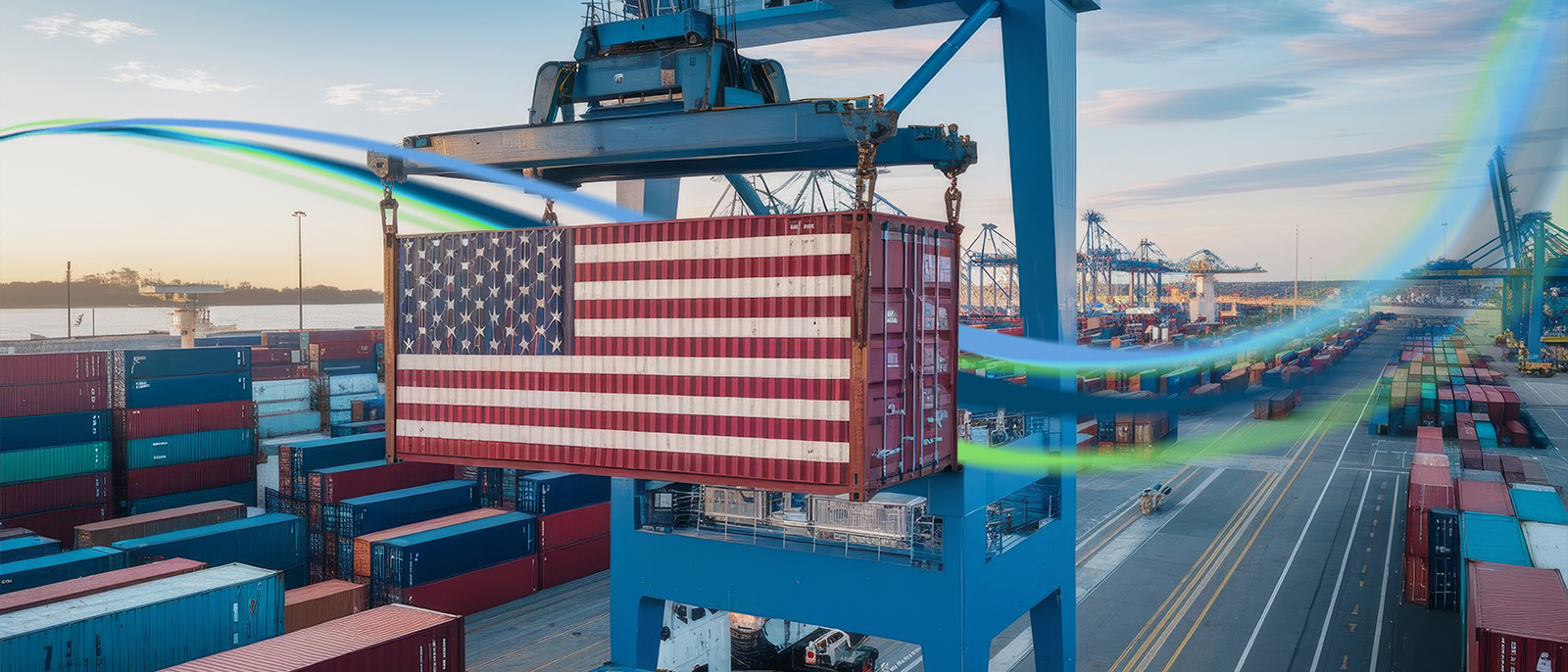Donald Trump’s presidency, given his policy tendencies during his previous term, could have significant implications for the international shipping industry. His approach to global trade, environmental regulations, and international agreements could shape the landscape in several ways:
Trade Policy and Tariffs
Trump's trade policies in his first term were characterised by protectionism and a focus on "America First." This could have specific impacts:
- Increased Tariffs: Trump’s administration implemented tariffs on imports from several countries, particularly China. A return to similar policies could disrupt global supply chains and shipping volumes.
- Trade Uncertainty: Unpredictable trade negotiations and potential withdrawal from multilateral trade agreements could create instability, impacting shipping routes and demand.
- Regional Trade Shifts: Companies might reconfigure supply chains to avoid tariffs, potentially leading to changes in trade volumes and shifts in demand across shipping hubs.
Environmental Regulations
Trump's skepticism of climate change and his support for fossil fuel industries could influence global shipping decarboniSation efforts:
- Resistance to IMO Standards: The International Maritime Organization (IMO) has set ambitious targets to reduce emissions from shipping. A Trump administration might oppose or attempt to undermine these standards, delaying global progress.
- Impact on Green Shipping Initiatives: U.S. policies under Trump might deprioritize investments in cleaner shipping fuels and technologies, slowing the adoption of sustainable practices.
- Pushback on Global Climate Agreements: Withdrawal from climate agreements (e.g., the Paris Agreement during his first term) signals a lack of U.S. leadership in global sustainability efforts, potentially creating a fragmented regulatory landscape for shipping companies.
Energy and Fossil Fuels
Trump's support for expanding fossil fuel production could have mixed effects:
- Lower Fuel Prices: Increased oil production could lead to lower fuel prices, benefiting shipping companies in terms of operating costs but potentially discouraging investment in alternative fuels.
- Conflict with Global Energy Transition Goals: By promoting fossil fuels, the U.S. could delay the global energy transition, complicating the alignment of shipping strategies with future energy markets.
Geopolitical Tensions
Trump’s approach to foreign policy often emphasized unilateralism and confrontation:
- U.S.-China Relations: Renewed trade conflicts with China could disrupt major shipping lanes, affect cargo volumes, and necessitate rerouting.
- Sanctions and Embargoes: Increased use of economic sanctions on countries like Iran or Russia could create additional compliance challenges for international shipping companies.
- Military and Security Concerns: Heightened geopolitical tensions could pose risks to shipping security in regions like the South China Sea or the Strait of Hormuz.
Infrastructure and Domestic Shipping
Domestically, Trump’s focus on infrastructure investment during his previous administration could extend to ports and shipping infrastructure:
- Port Upgrades: Renewed investments in U.S. ports and inland waterways could enhance efficiency for domestic and international trade.
- Jones Act Enforcement: Trump’s past support for the Jones Act (which mandates that goods transported between U.S. ports be carried on U.S.-flagged vessels) might continue, potentially raising costs for domestic shipping.
Industry Adaptation
The international shipping industry has shown resilience to political changes but would likely need to adapt to:
- Increased Costs from Trade Policies: Shipping companies may need to adjust pricing strategies or explore new markets to offset the impact of tariffs and trade barriers.
- Regulatory Divergence: Companies might have to navigate different environmental standards across regions, increasing compliance complexities.
- Market Realignment: Trade routes and volumes could shift based on new geopolitical alliances and trade policies.
A Trump presidency would likely bring a mix of challenges and opportunities for the international shipping industry. While lower fuel prices and potential infrastructure improvements could offer short-term gains, trade uncertainties, resistance to environmental reforms, and heightened geopolitical tensions may pose significant long-term risks. As global trade and shipping are inherently interconnected, a unilateral approach by a major player like the U.S. could ripple across the entire industry, underscoring the need for resilience and strategic adaptation.
